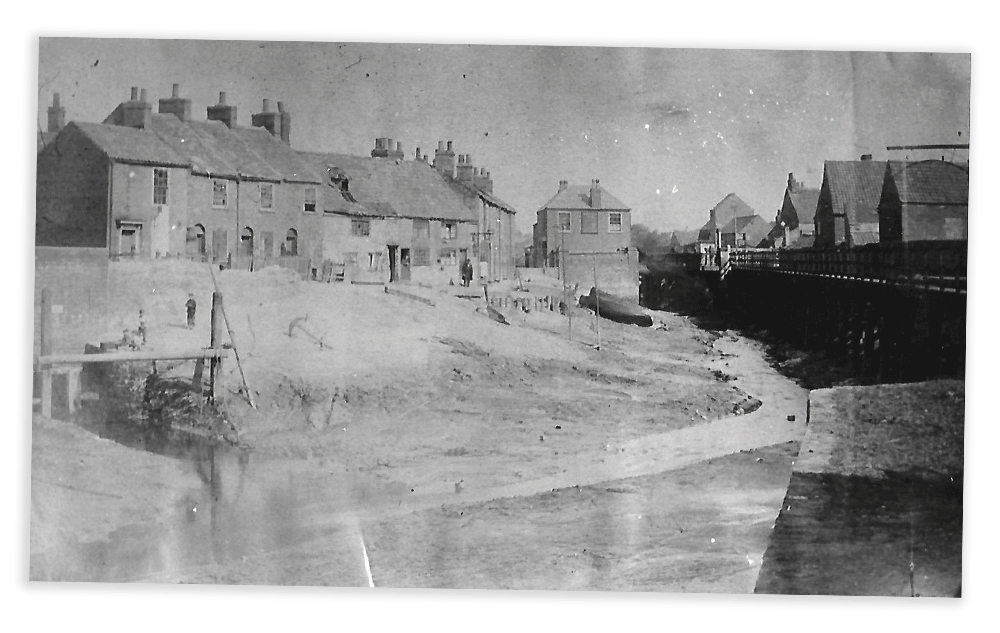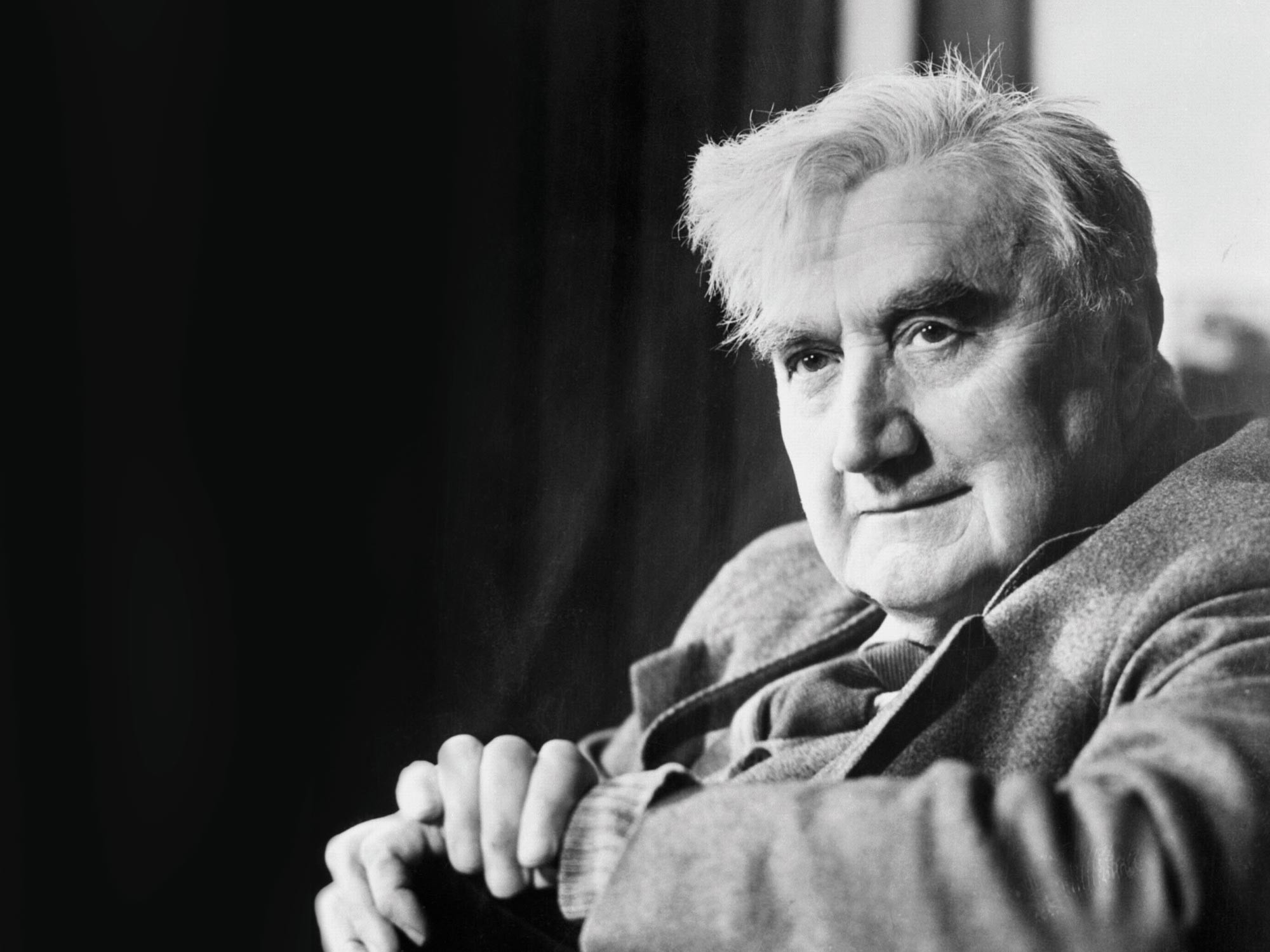
The history of Lynn and the sound of music
For hundreds of years the North End fishing community in King’s Lynn maintained a proud cultural tradition, one that was recorded and preserved for posterity by one of England’s greatest composers
Ralph Vaughan Williams is probably our most underrated composer, writing operas, ballets, chamber music, secular and religious vocal pieces and orchestral compositions (including nine symphonies) over the course of some 60 years before his death in 1958.
Strongly influenced by Tudor music and traditional English folk songs, his music ranges from the stormy and impassioned to the tranquil and mysterious.
And it also has a strong relationship with the fisherfolk of King’s Lynn.
On 6th January 1905 Vaughan Williams travelled by rail from London to Norfolk hoping to find traditional songs still being sung by local people. England was sometimes declared by natives and foreigners alike to be a land without music - but a group of London based folk song collectors were determined to prove otherwise, and began to journey into the English provinces.
In King’s Lynn the 30-year-old Vaughan Williams was introduced to the folksingers of the closeknit fishing quarter living in the streets around the magnificent chapel of St Nicholas. This bustling and compact already historic community co-existed beside the new docks and factories being built at the time. The ancient Fisher Fleet had been lost in the construction of the Alexandra Dock in 1869, and another harbour for their smacks had been excavated. No fewer than 180 fishing boats dependent on sail were registered at King’s Lynn in 1914 employing some 400 men. They earned a living in The Wash catching shrimps, prawns, cockles, mussels, oysters, lobsters and whelks.
Pilot Street was the ‘high street’ of the North End until it was sadly truncated by John Kennedy Road in 1963. Towards the end of the 19th century it had been home to at least 58 fishermen and their families. There were also bakers, grocers, butchers and six taverns in the street. The North End was a self-sufficient part of the town that even had its own football team. It was also compact - at True’s Yard six cottages were occupied by twenty people in 1901 – and six of them were fishermen.
Over just one week in January 1905 Vaughan Williams collected 61 folksongs in King’s Lynn, mainly in the North End. Though his principal interest when listening to the local singers was the melody, he recorded the exact words to reveal a musical legacy he described “as beautiful and vital now as it ever was”.
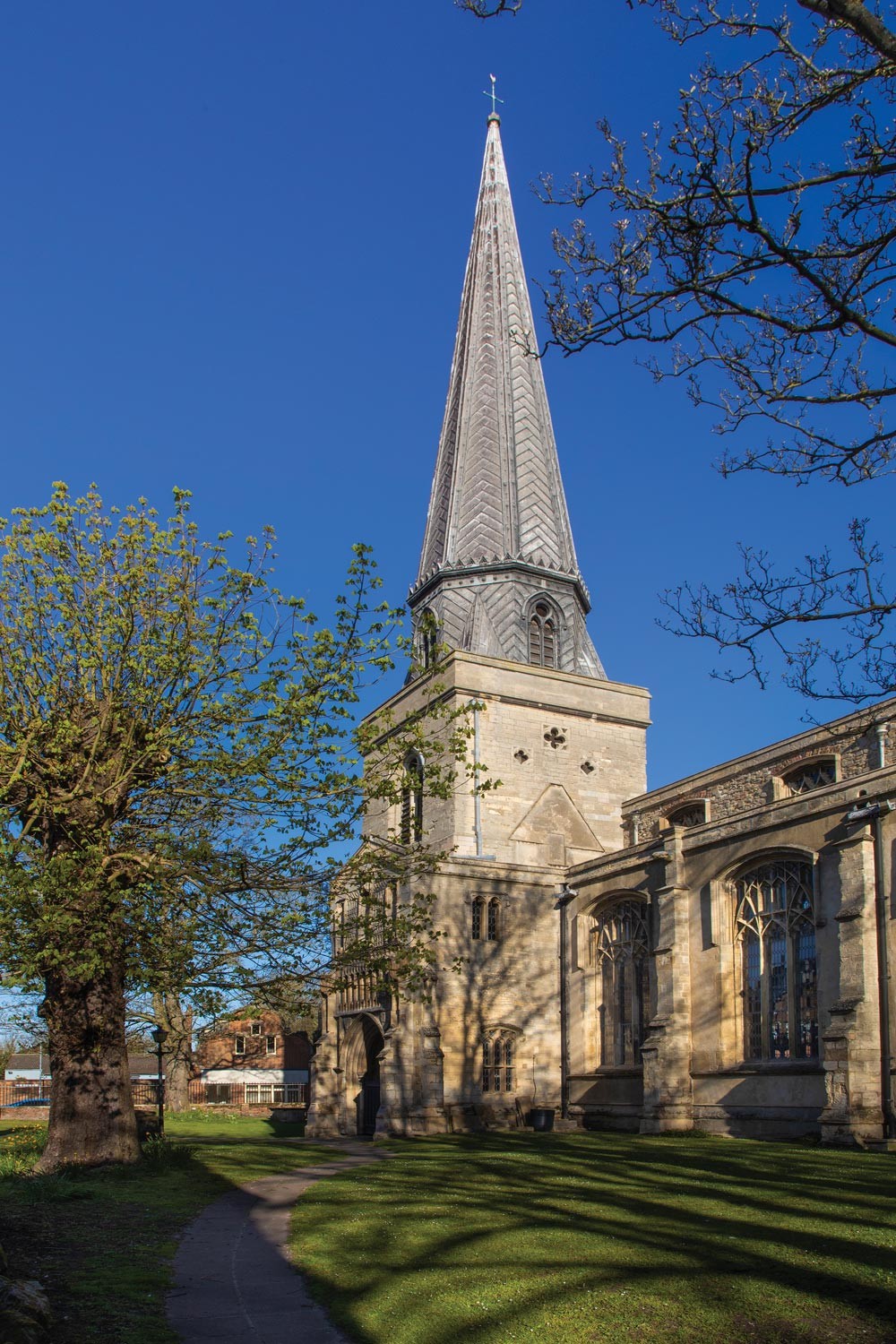
The young composer was greatly impressed with the songs performed by James “Duggie” Carter (then aged 61), particularly ‘The Captain’s Apprentice’ - which concerned the horrific story of a young boy on a sailing vessel who was so maltreated by the captain that he died. Its haunting tune was used by Vaughan Williams for the opening theme of his first Norfolk Rhapsody.
Of the other folk songs Vaughan Williams heard in the town in 1905 the maritime heritage was evident. ‘On Board a 98’ (warship), ‘A Bold Young Sailor’ and ‘Homeward Bound’ are examples – and the history of Lynn’s fisherfolk and sailors was transmitted through this rich oral tradition.
Public houses were the community hubs of the North End and the setting for the singing of songs - which tended to express a somewhat harsh social experience. It seems certain that The Tilden Smith in Pilot Street was where Vaughan Williams heard the songs which so amazed him, sitting quietly in the corner with his notebook and a pint.
Vaughan Williams also visited families in their cottages to listen to men and women singing folk songs, but we have no details of these fascinating encounters. William Harper (1824-1906) lived in True’s Yard and sang eight songs for the composer, but that was probably in St James Workhouse – the composer made several trips to this large Victorian building in 1905 to listen to the songs of elderly fishermen and sailors.
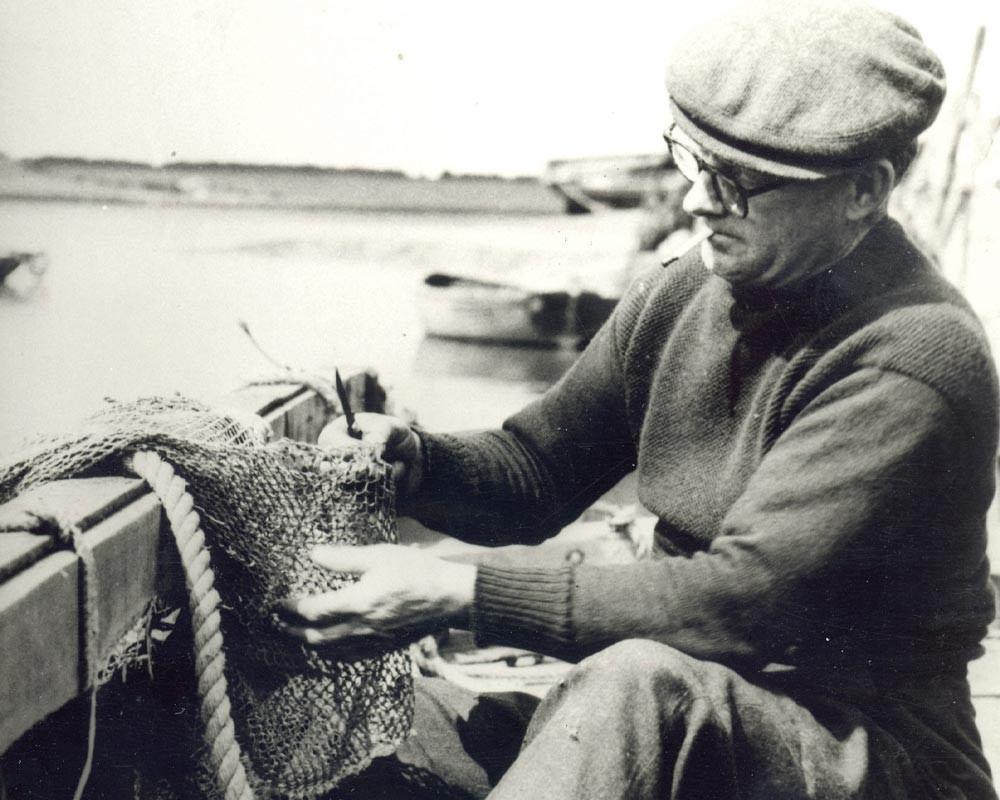
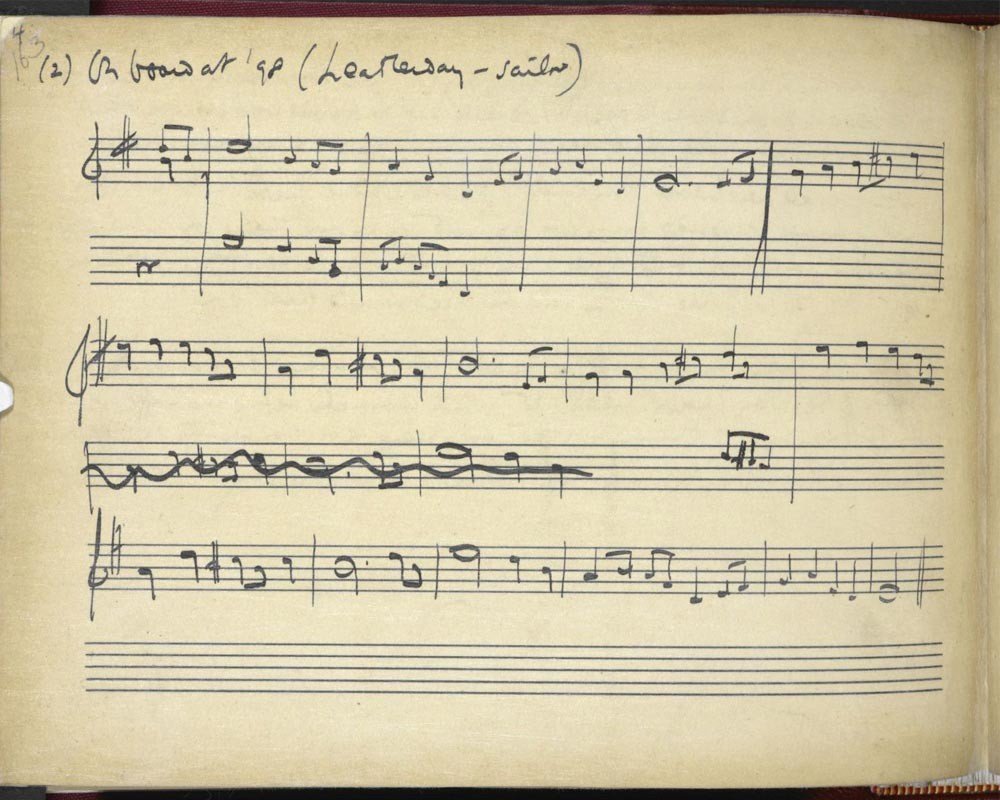
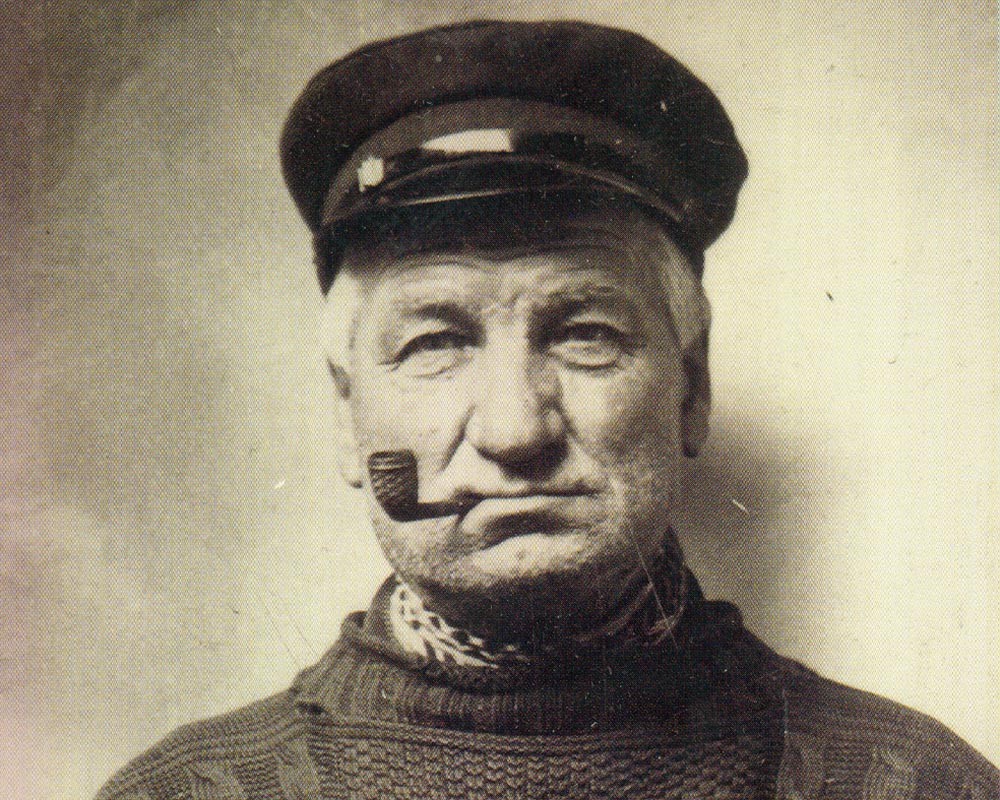
King’s Lynn Festival. His audience at the Town Hall included the new Queen Elizabeth II, The Queen Mother and Princess Margaret. Although Vaughan Williams was now aged 80 he fondly recalled his time in King’s Lynn half a century before.
During his lecture the composer referred to the reasons why he (and his fellow collectors of traditional folk songs) had started the campaign – largely to save this cultural heritage disappearing in the face of rapid industrialisation and the break-up of historic communities.
Two days after the lecture Sir John Barbirolli conducted the London Symphony Orchestra in a King’s Lynn Festival concert at St Nicholas Chapel. It included Vaughan Williams’ Symphony in D Major and in the programme notes John Warrack wrote:
“The dominant influence in Vaughan Williams’ own art has been that of English folk song (as early as 1905 he was collecting songs at King’s Lynn), and this, with a love of English life and literature, has given birth to his finest music.”
The King’s Lynn Festival plans to include music by Vaughan Williams in its long-awaited 2022 summer programme – performed in a town which so profoundly influenced this great English composer.
